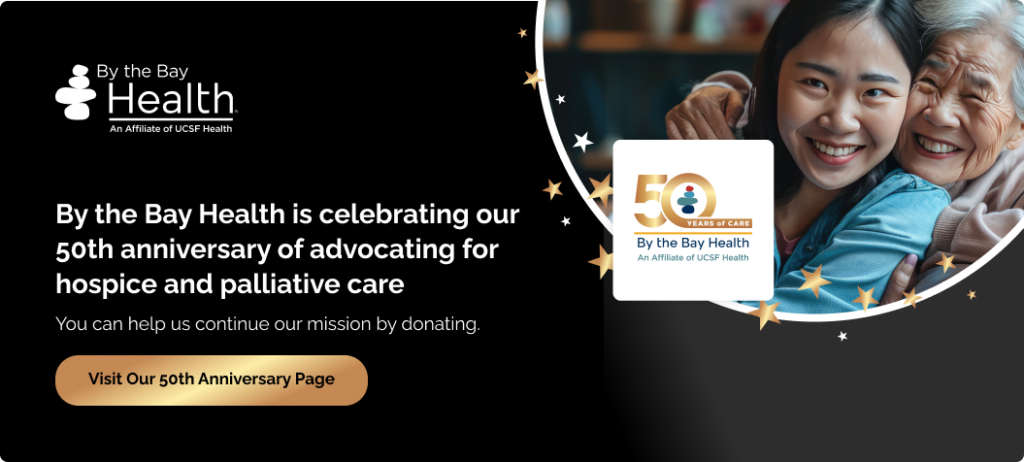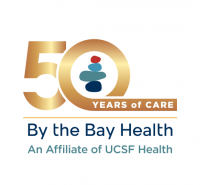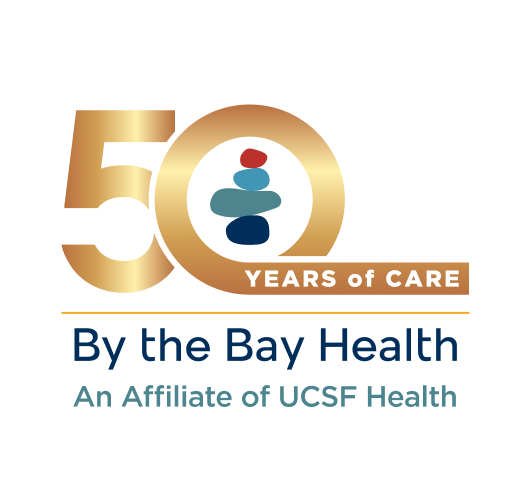Roughly 21% of San Francisco’s population is Chinese — one of the highest percentages of any major U.S. city. And the Bay Area as a whole has long been a destination for individuals and families of Chinese descent.
With our mission of expanding the access and adoption of end-of-life care to all individuals, it’s important that we reach our Chinese-speaking community.
So we created a bilingual, all-Chinese, multidisciplinary team with one clear mandate: provide culturally sensitive care to Chinese patients where they are most comfortable, which is usually inside their own homes.

The need for culturally sensitive care
Palliative and hospice care are essential services that improve the quality of life for patients and their families. Unfortunately, for many in the Chinese community, there is a strong cultural and linguistic divide when it comes to accessing these types of services.
Language barriers in healthcare don’t just lead to miscommunication but also to distrust, underutilization of services and reduced patient satisfaction. And non-English-speaking individuals often face challenges in communicating their needs, symptoms and preferences.
The only way to address these challenges is to take them head-on.
Much more than translators
While outreach and education about palliative and hospice care are key goals for our Chinese-language team, they are by no means its only mission.
Traditional Chinese wellness practices play a major role in the team’s work, with therapies like acupuncture, mindfulness practices and traditional teas being embraced to provide comfort and symptom management.
Our all-Chinese caregivers also make care in a patient’s home much more comfortable by recognizing and being sensitive to the cultures of patients and their loved ones.
It’s important to remember that inclusivity doesn’t just mean accepting people into your community but also respecting and celebrating different cultures as well. For a primarily Chinese-speaking family, being able to talk through massive life changes in their native language creates a much safer space for them to make challenging decisions about end-of-life or chronic illness care.
Expanding outreach and care
Along with cutting through language barriers, our all-Chinese team works hard to improve care across the board for Chinese-speaking patients. Some of this is field work, such as working with our partners at Kaiser Permanente to increase vaccination coverage within the community.
Our team also organizes workshops, information seminars and community events within the Bay Area’s Chinese community to help educate families on the benefits of palliative care. These sessions are conducted in both Mandarin and Cantonese, which allows those attending to ask questions, share concerns and gain an understanding of how end-of-life care services can support them and their families during difficult times.
This work, along with our strong relationships with community centers, religious groups and Chinese cultural organizations, makes it possible for us to reach a much broader audience — one that is often missed or unrecognized by the healthcare system.

Building a legacy of inclusive care
As the Bay Area becomes increasingly multicultural, our efforts to cater to the Chinese community reflect our broader commitment to provide compassionate, culturally respectful care for all individuals, regardless of their background.
The Bay Area is one of the most linguistically diverse regions in America, with more than 160 different languages spoken in San Francisco alone. We know that if we’re going to achieve our goal of providing everyone in our community with the opportunity for compassionate palliative and hospice care, we need to keep working toward breaking through as many language barriers as possible.
With the help of our community and supporters, we’ll get there.
By the Bay Health is celebrating our 50th anniversary of advocating for hospice and palliative care. You can help us continue our mission by donating. Visit our 50th anniversary page to learn how you can contribute.



